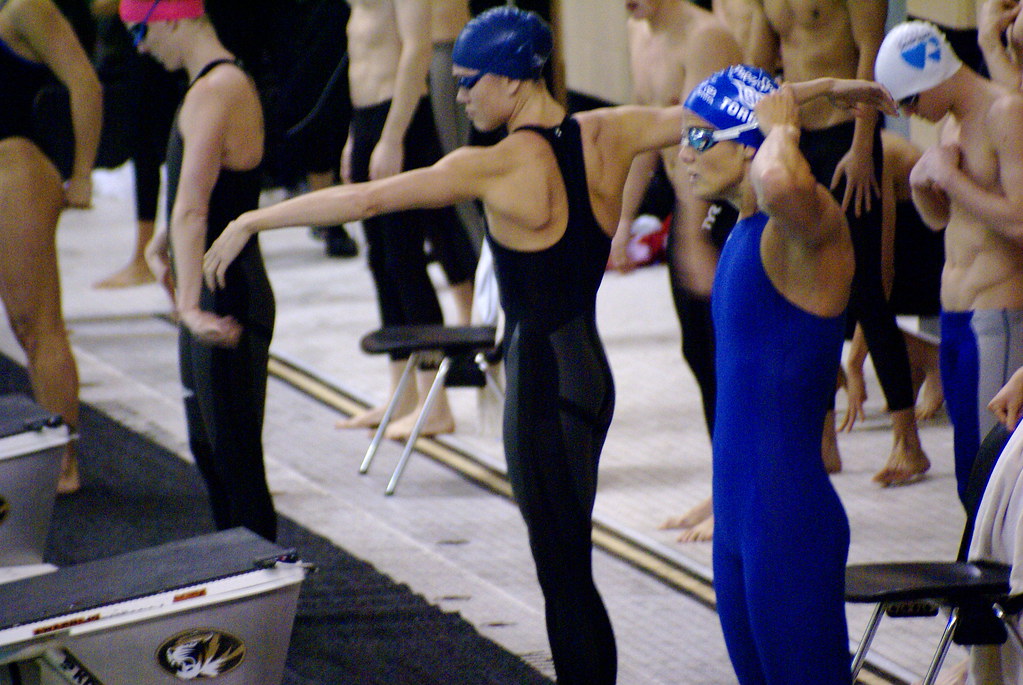
Athletes and coaches often ask me how they can get in or stay in “the zone” of a great performance, and the answer to that is usually simpler than they expect: you have to stay in the NOW of what’s happening.
The thing that causes athletes to lose their focus is usually time-traveling to the past or the future, wasting their precious mental energy on thinking about the mistakes they made in the last game, or how important this performance is to their ultimate goals. Don’t get me wrong, it’s important to analyze and learn from the past, and to have ambitious goals, but you should NOT be doing this RIGHT BEFORE OR DURING A PERFORMANCE!
All that mental chatter is only going to distract you or put unnecessary pressure on you, leading you to lose your concentration and not perform to your potential. In those crucial moments right before a game, event, performance, race, and even practice, the best thing you can do is LEARN TO CONTROL YOUR EYES AND EARS.
What do I mean by that?
Controlling your eyes and ears pre-performance means that before competition starts you look and listen to ONLY the things that will keep you calm, loose, and confident.
If talking to friends before the event helps keep you centered then continue doing this, but if it distracts you and gives you a shaky start then DON’T! If looking into the stands or at your opponents makes you uptight and nervous, then don’t do that either. Instead, find somewhere else to deliberately focus your eyes, such as by reading a book before or between events, watching your legs as you stretch, picking out one spot and staring at it while breathing and tuning out whatever is happening around you, or focusing on your glove, shoes, or some favorite thing that you like to have with you.
These visual targets or focal points will distract you from the REAL distractions!
A coach I know even advises her athletes to walk around the arena before the game and pick out a few focal points in advance, so that when the heat is on and distractions are plenty they can go right to those points and easily avoid the other distractions.
By picking specific targets to look at ahead of time and regularly using them, you’ll have a much easier time successfully staying calm and confident when it counts.
When it comes to your ears, there are two sources of possible distraction: outside sources and inner self-talk. SPEND AS LITTLE TIME AS POSSIBLE LISTENING TO THINGS THAT DRAIN YOUR CONFIDENCE. Instead, substitute positive or neutral sounds that will distract you from the negatives.
If hearing the crowd distracts you or makes you feel pressure then put on some headphones and listen to music that makes you feel at ease, or something motivating and helpful like mental toughness training. If there are opponents or even teammates who are negative or intimidating you then do your best to get as far from them as possible.
Same goes for negative self-talk, if your mind is coming up with negative messages like “you’re not ready to play at this level” or “don’t screw up like last time” then rather than engaging those thoughts or negotiating with yourself to stop thinking them, focus your ears on something else. You can either replace those thoughts with more positive process-orientedaffirmations such as “I am going to stay focused and perform at my very best” or “this is going to be a great game and I’m just going to have fun” or think of a word or phrase that boosts your confidence (such as “confidence”) and repeat that over and over in your head.
Controlling your eyes and ears is a strategy you can also apply during any breaks within the performance itself, so that you don’t lose your concentration and momentum during half-time or while you’re waiting for your turn to perform.
Give it a try and see what works best for you. YOUR focal points might be different from another athlete so try a few different ones and see which results in the most effective means of keeping your concentration and performance optimal.

No comments:
Post a Comment